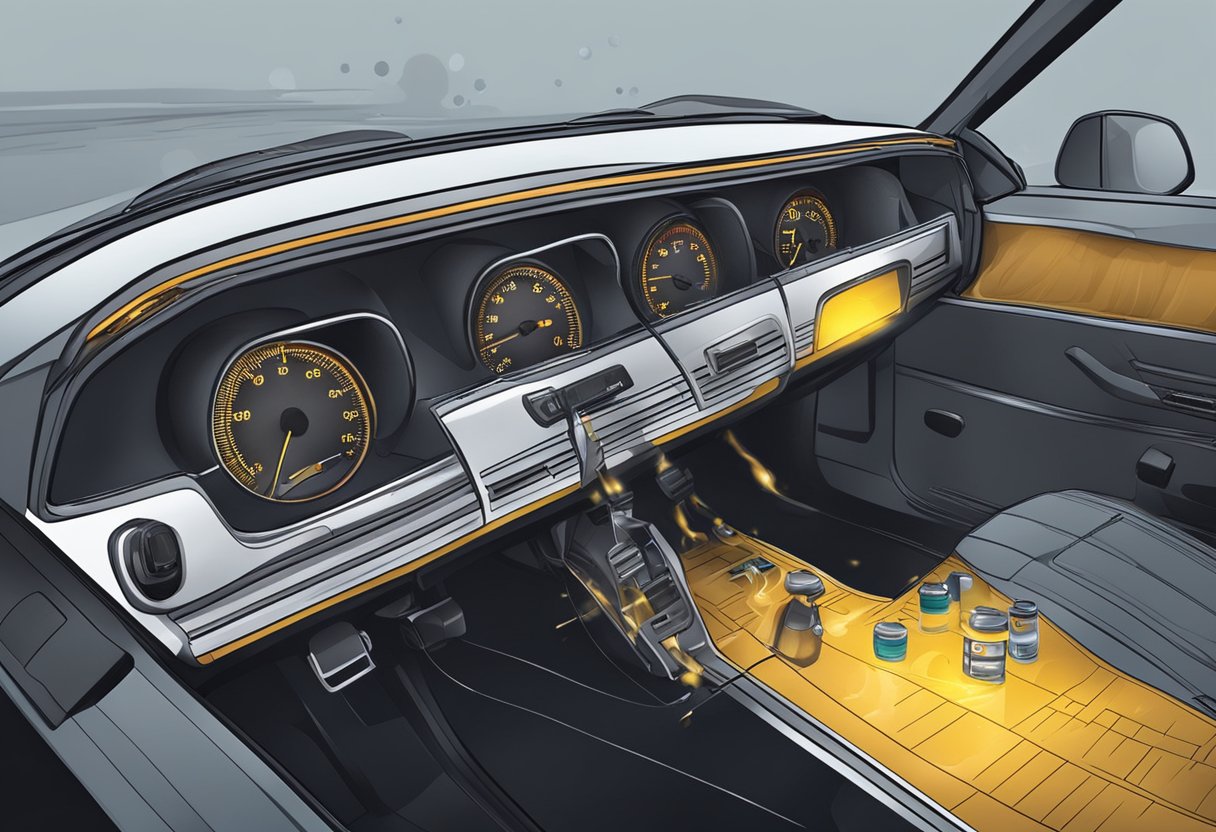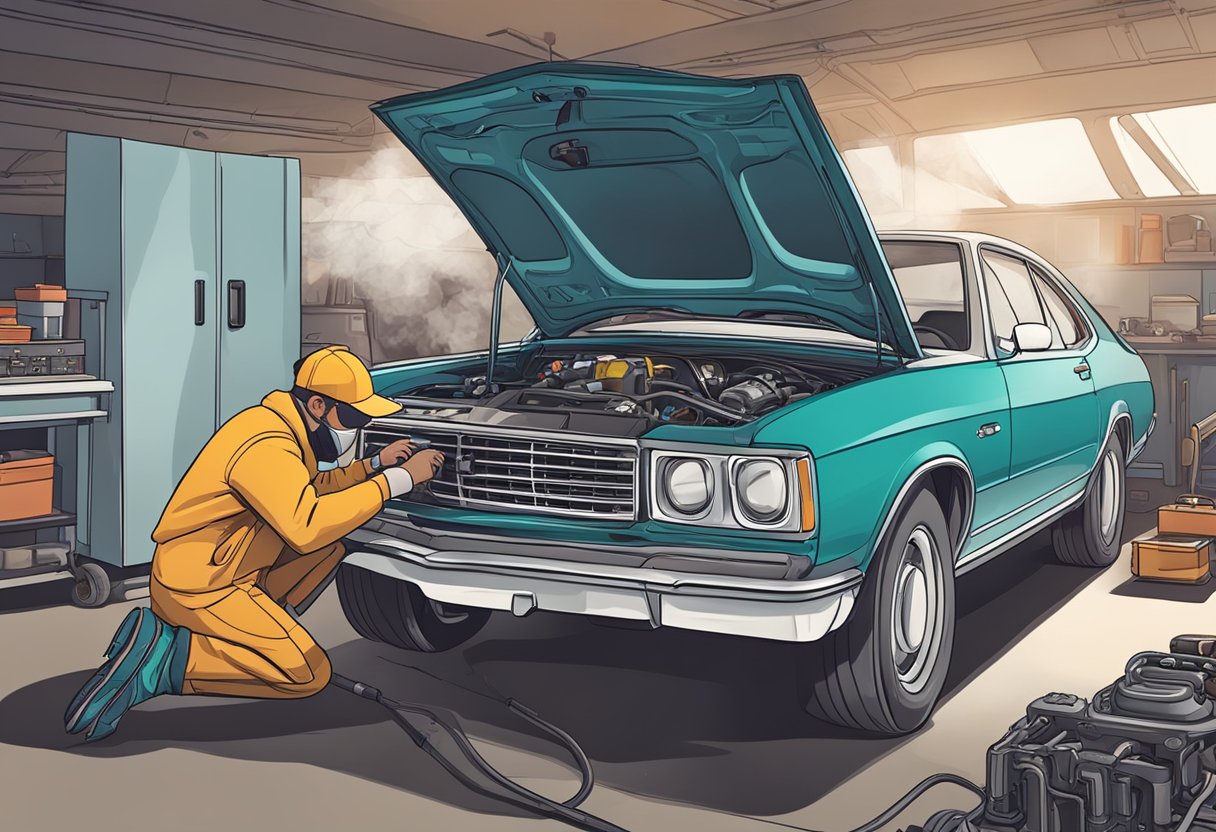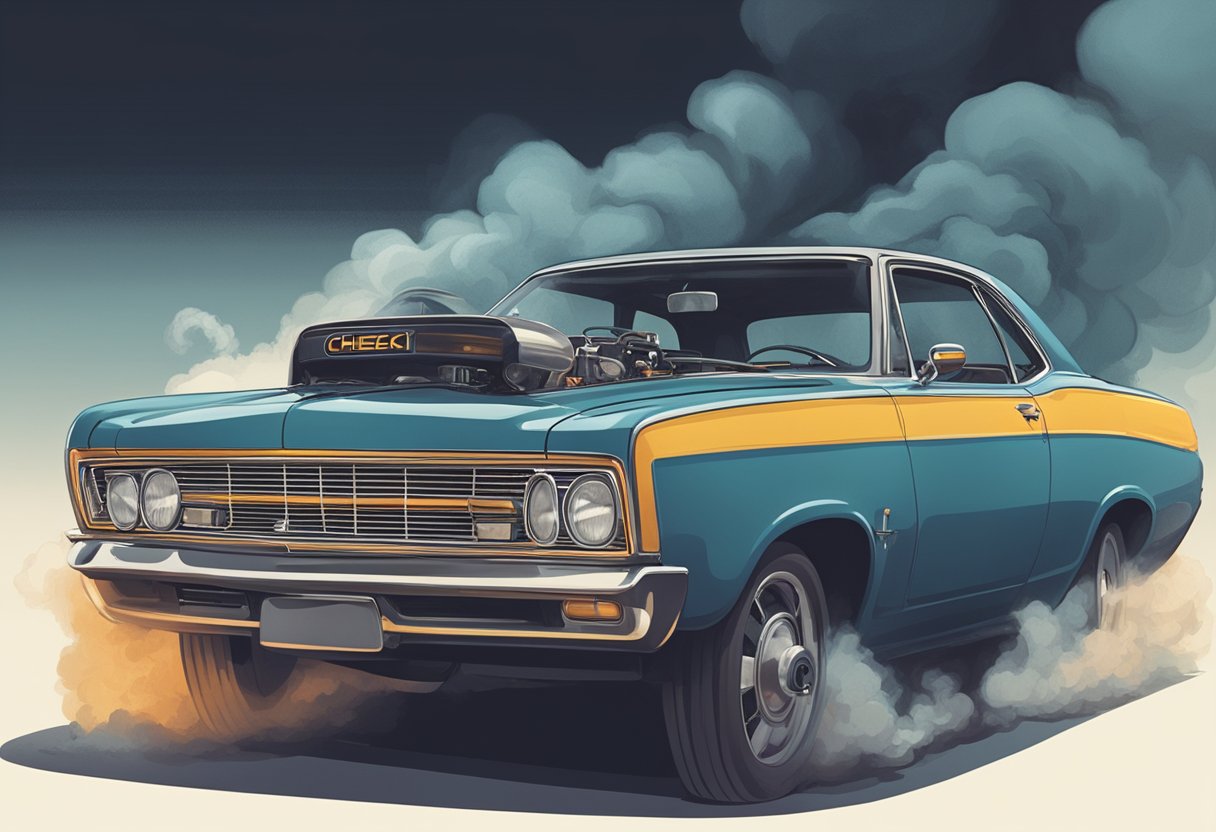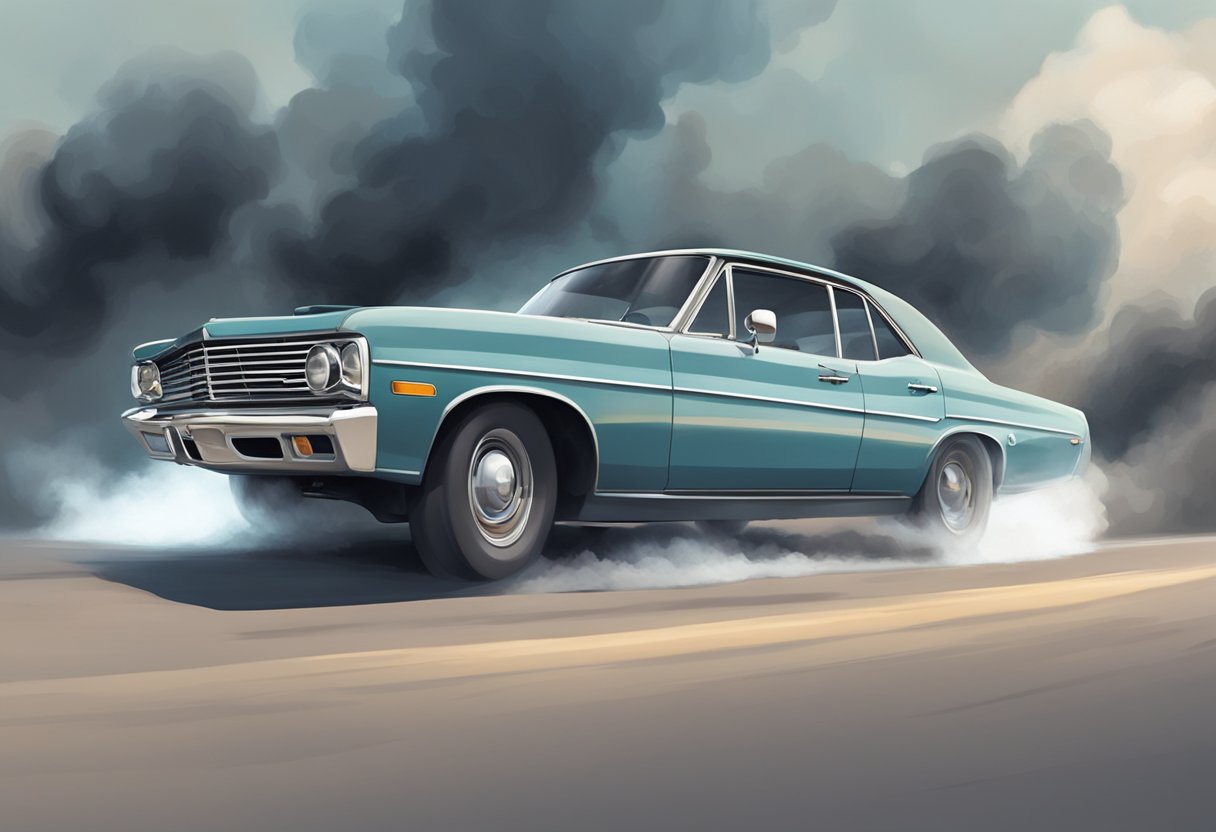Recognizing bad starter symptoms is crucial for any car owner. Your car’s starter is responsible for starting the engine by turning the crankshaft. If the starter is not functioning properly, it can cause a lot of problems, including a car that won’t start.
One of the most common symptoms of a bad starter is a clicking noise when you turn the key. This indicates that the starter is not engaging with the engine, and it may need to be replaced. Another symptom is a grinding noise when you turn the key, which can be a sign that the starter gear is not engaging properly with the flywheel.
It’s important to pay attention to these symptoms and seek repairs as soon as possible. Ignoring a bad starter can lead to more serious problems and potentially leave you stranded on the side of the road. In this article, we will discuss the common symptoms of a bad starter and when to seek repairs to ensure that your car is running smoothly.
Common Symptoms of a Bad Starter
If you are having trouble starting your vehicle, it may be due to a bad starter. Here are some common symptoms that indicate a problem with your starter:
Engine Won’t Turn Over
If you turn the key and hear nothing but silence, it could be a sign that your starter is failing. The engine won’t turn over, and you won’t hear any clicking sounds. This could be due to a dead battery, but if you’ve ruled that out, it’s likely a problem with the starter.
Starter Engages But Doesn’t Spin the Motor
If you hear a clicking sound when you turn the key, but the engine doesn’t start, it could be a sign that the starter is engaging but not spinning the motor. This could be due to a faulty starter solenoid or a bad starter motor.
Grinding Noise When Trying to Start
If you hear a grinding noise when you turn the key, it’s likely that the starter gear is not engaging properly with the flywheel. This could be due to worn teeth on the starter gear or a damaged flywheel.
Intermittent Issues Starting the Vehicle
If your vehicle starts sometimes but not others, it could be a sign of a bad starter. This could be due to a loose connection or a worn-out starter motor.
Starter Operates After Multiple Attempts
If you have to turn the key multiple times before the engine starts, it could be a sign that the starter is failing. This could be due to a weak battery or a worn-out starter motor.
In conclusion, if you’re experiencing any of these symptoms, it’s important to have your starter checked by a professional mechanic. Ignoring the problem could lead to more serious issues down the road.
Diagnosing Starter Problems
If your car is not starting, the problem could be with the starter. Here are some ways to diagnose starter problems:
Visual Inspection
The first step in diagnosing starter problems is to perform a visual inspection. Check the battery cables for corrosion or damage. Inspect the starter motor for any signs of damage, such as cracks or broken parts. Look for loose connections or missing bolts.
Electrical Tests
Next, you can perform electrical tests to identify the problem. Use a multimeter to check the voltage of the battery. If the voltage is low, the battery may need to be charged or replaced. Check the voltage drop across the starter motor. If the voltage drop is too high, it may indicate a problem with the starter motor or the wiring.
Mechanical Tests
Finally, you can perform mechanical tests to check the starter motor’s function. Use a starter motor bench tester to check the starter motor’s performance. If the starter motor fails the test, it may need to be replaced.
Overall, diagnosing starter problems requires a combination of visual inspection, electrical tests, and mechanical tests. By following these steps, you can determine whether your starter needs to be repaired or replaced.
What are the common signs of a bad starter that may lead to a whining noise when accelerating in a Chevy?
The common signs of a bad starter that may lead to a whining noise when accelerating in a Chevy are difficulty starting the engine, grinding or clicking noises when turning the key, and flickering dashboard lights. If you’re experiencing these issues, it’s important to have your Chevy’s starter inspected and repaired as needed.
Potential Causes of Starter Failure
If you experience starter issues, it’s essential to identify the root cause of the problem to prevent further damage. Here are some potential causes of starter failure that you should be aware of:
Faulty Electrical Connections
One of the most common reasons for starter failure is faulty electrical connections. Loose, corroded, or damaged connections can prevent the starter from receiving the necessary power to function correctly. It’s crucial to check the battery terminals, ground connections, and wiring to ensure that they’re in good condition.
Worn-Out Components
Another reason for starter failure is worn-out components. Over time, the starter motor, gears, and other components can wear out and fail to function correctly. If you hear grinding or clicking noises when you turn the key, it could be a sign of worn-out components.
Oil or Dirt Contamination
Oil or dirt contamination can also cause starter failure. If oil or dirt gets into the starter motor, it can damage the internal components and prevent it from functioning correctly. It’s essential to keep the engine and starter motor clean to prevent contamination.
Starter Solenoid Defects
The starter solenoid is responsible for engaging the starter motor when you turn the key. If the solenoid is defective, it can prevent the starter from receiving power and functioning correctly. Signs of a faulty solenoid include a clicking noise when you turn the key or a starter that fails to engage.
By understanding the potential causes of starter failure, you can take the necessary steps to prevent further damage and seek repairs when needed.
When to Seek Professional Repairs
If you have noticed any of the bad starter symptoms mentioned earlier, it is important to seek professional repairs as soon as possible. Trying to start your vehicle with a bad starter can lead to further damage to your engine or other components, which can be costly to repair.
Choosing a Reliable Repair Shop
When choosing a repair shop to fix your starter, it is important to do your research. Look for shops that have experience working on starters and have a good reputation in your community. You can ask for recommendations from friends or family, or read online reviews to help you make your decision.
Cost Estimates for Starter Repairs
The cost of starter repairs can vary depending on the make and model of your vehicle, as well as the extent of the damage. It is important to get a cost estimate from the repair shop before they begin any work. This will help you avoid any surprises when it comes time to pay the bill.
DIY vs. Professional Repair Decisions
While it may be tempting to try to fix your starter yourself, it is important to remember that starters are complex components that require specialized knowledge and tools to repair. Attempting to fix your starter yourself can lead to further damage and may end up costing you more in the long run. It is always best to seek professional repairs from a qualified mechanic.
Preventative Measures and Maintenance Tips
Regular maintenance of your vehicle’s starter system can help prevent costly repairs and ensure that your vehicle starts reliably. Here are some preventative measures and maintenance tips to keep your starter system in good working condition.
Regular Inspection and Cleaning
Regular inspection and cleaning of your starter system can help prevent problems before they occur. Check for loose connections, corroded terminals, and damaged wiring. Clean any dirt or debris from the starter motor and solenoid. A clean starter system will operate more efficiently and last longer.
Battery Maintenance
A weak or dead battery can cause your starter system to fail. To prevent this, check your battery regularly and replace it if necessary. Keep the battery terminals clean and tight, and make sure the alternator is charging the battery properly. A fully charged battery will provide the necessary power to start your vehicle.
Starter Motor Servicing
If you notice any signs of starter motor failure, such as grinding or clicking noises, have your starter motor serviced immediately. A professional mechanic can diagnose and repair any issues with your starter motor, including worn brushes, damaged bearings, or a faulty solenoid. Regular servicing can help prevent more serious problems from occurring.
By following these preventative measures and maintenance tips, you can keep your starter system in good working condition and avoid costly repairs. Regular inspection and cleaning, battery maintenance, and starter motor servicing are all important steps in ensuring that your vehicle starts reliably.
As an Amazon Associate we earn from qualifying purchases.















